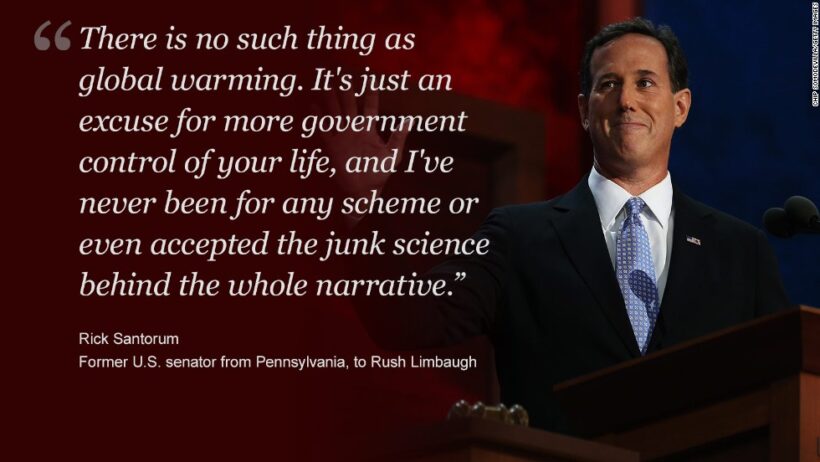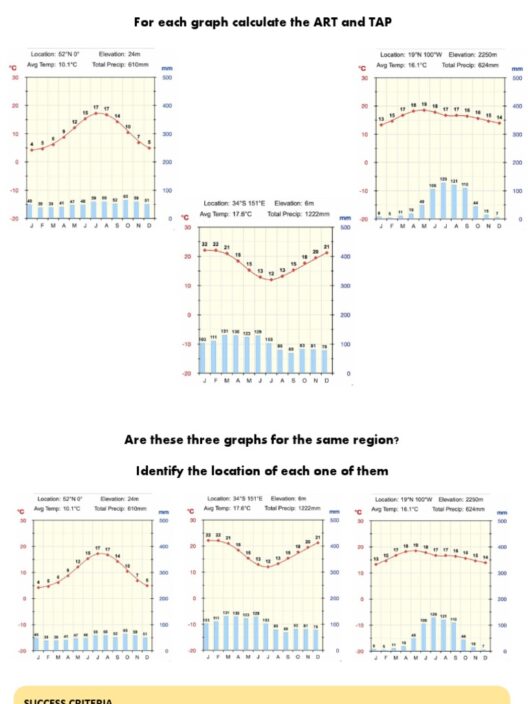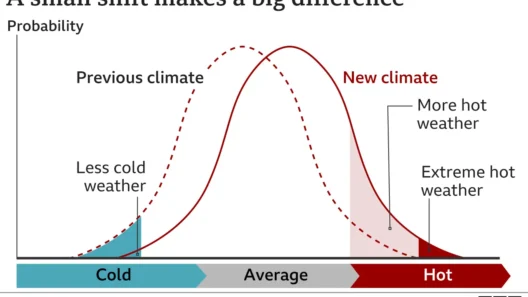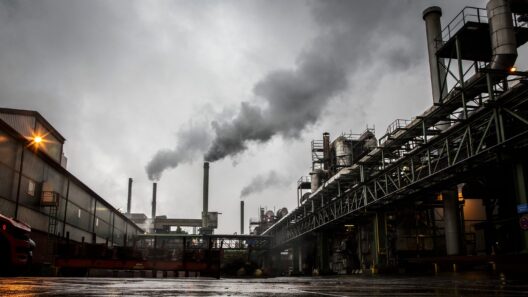In the contemporary discourse on climate change, the term “global warming skeptics” often emerges, conjuring images of contrarian scientists clad in lab coats, armed with data and a dismissive wave of the hand towards mainstream consensus. Who are these dissenters, and what arguments do they put forth against the prevailing narrative of anthropogenic global warming? This examination will delve into their perspectives, the underlying motivations, and the broader implications for environmental policy and public understanding.
First and foremost, it is crucial to contextualize the skepticism surrounding global warming. The scientific community overwhelmingly agrees that climate change is real and predominantly driven by human activities, particularly carbon emissions from fossil fuel consumption. Yet, global warming skeptics differentiate themselves by questioning both the extent of these changes and the reliability of climate models. What motivates these individuals to challenge an established consensus? Are they driven by ideology, or do they possess legitimate concerns about the methodologies employed in climate science?
Many skeptics argue that climate models, which predict future warming scenarios based on various emission trajectories, possess inherent uncertainties. They reference the difficulty of accurately predicting complex climate interactions, which involve myriad variables including ocean currents, solar radiation, and atmospheric chemistry. This skepticism raises an essential question: Can we fully trust models that attempt to encapsulate such a chaotic system? Critics contest the robustness of climate predictions, suggesting that model outputs might overstate warming trends.
One prominent voice in this realm is Dr. Judith Curry, a former chair of the School of Earth and Atmospheric Sciences at the Georgia Institute of Technology. Dr. Curry has expressed concerns regarding the predictive capabilities of climatic models, emphasizing the need for an acknowledgment of uncertainty in climate projections. Her calls for more nuanced discussions surrounding the climate change narrative are sometimes misquoted, leading to misunderstandings of her positions. She advocates for an open dialogue between skeptics and proponents, positing that a more comprehensive approach to climate science could foster productive developments in policy rather than polarization.
Moreover, some skeptics scrutinize the veracity of climate data itself. They often raise questions about the reliability of historical temperature records, suggesting that factors such as urban heat island effects – the phenomenon where urban areas experience higher temperatures than their rural counterparts – may skew data. This critique opens a dialogue about the integrity and accuracy of the empirical evidence underpinning climate science. Is it reasonable to adjust historical records, and if so, to what extent? This debate highlights the necessity for meticulous data collection and interpretation in scientific work.
Another argument presented by skeptics involves the natural variability of climate. Some assert that historical climate cycles, such as the Medieval Warm Period and the Little Ice Age, suggest that the planet has always experienced fluctuations in temperature. This perspective invites contemplation about the role of natural forces, including volcanic activity and solar radiation, in shaping climate patterns. Are human-induced factors truly the primary drivers of current climate change, or is it a natural phenomenon exacerbated by human activities?
As one considers the myriad arguments put forth by global warming skeptics, it would be remiss not to acknowledge the socio-political context that often frames these discussions. For many skeptics, particularly those in academia or industry, the potential ramifications of acknowledging climate change pose significant challenges. Questions arise: Could technological innovation stifle if major policy shifts arise from international agreements like the Paris Accord? Would a transition away from fossil fuels jeopardize economic stability? These considerations have catalyzed skepticism, particularly among those whose livelihoods may be contingent on traditional energy sectors.
However, it is imperative to balance these discussions with scientific rigor. Displaying skepticism can be a sign of healthy scientific inquiry; it engenders critical dialogue. Yet, when skepticism dismisses overwhelming evidence without a solid foundation, it can undermine public policy, delaying necessary action against climate change. Some scientists argue that focusing on the minutiae of data manipulation or model discrepancies can distract from the urgent need to address environmental degradation.
What, then, can be said about the future of this discourse? In a world increasingly influenced by information technology and social media, the spread of skepticism can sometimes eclipse scientific consensus. The challenge lies not only in fortifying public understanding of climate dynamics but also in fostering respect for scientific expertise. Engaging skeptics in meaningful dialogue that respects their concerns while promoting scientific literacy can help bridge divides that plague environmental conversations.
In conclusion, global warming skeptics present a diverse array of arguments that merit consideration. While it is vital to scrutinize the methodologies and predictions culled from climate science, one must also recognize the substantial consensus on human-induced climate change. Moving forward, a penchant for constructive dialogue, an acknowledgment of uncertainties within scientific frameworks, and a commitment to addressing the complexities of climate policy will be essential in fostering a balanced approach to this pressing global challenge. The question remains, how will society reconcile the skepticism with the overwhelming scientific evidence pointing towards a critical and urgent need for action against climate change?








